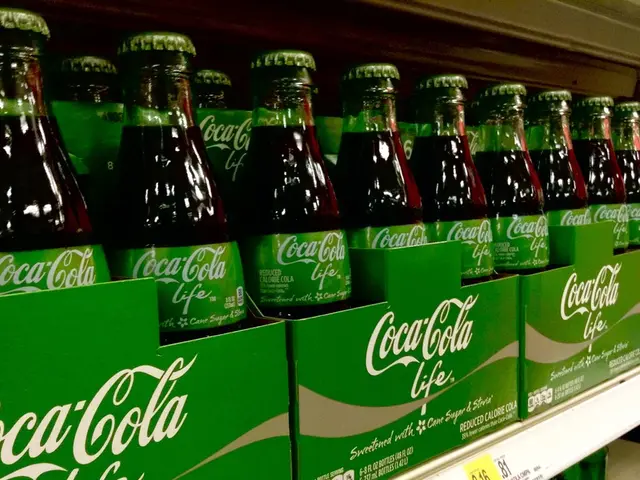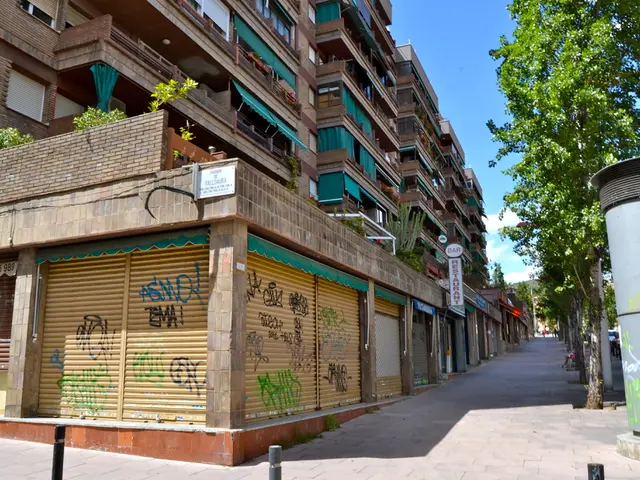German Research Turns Agricultural Waste into Battery Gold
A groundbreaking research project, backed by the German Research Foundation (DFG) and the Karlsruhe Institute of Technology (KIT), has found a way to turn agricultural waste into valuable materials for lithium-ion batteries and capacitors. The process, led by Professor Richard Laine from the University of Michigan, converts rice hull ash (RHA), a silica-rich byproduct of burning rice hulls for fuel, into high-capacity anodes and lithium-ion conducting polymers.
The process begins with RHA, a silica-rich byproduct of burning rice hulls for fuel. Each year, millions of tons of this waste are produced globally. Professor Laine's method involves washing RHA with diluted hydrochloric acid and reacting it with hexylene glycol to create spirosiloxane. This compound can then be used to produce lithium-ion conducting polymers, crucial for solid-state batteries.
In a separate application, silica-depleted RHA can be used to create lithium-ion capacitors. Furthermore, it can be converted into silicon carbide (SiC) and silicon nitride (SiNO), both of which make excellent anodes for lithium-ion batteries. These anodes have a higher capacity than traditional graphite anodes. Notably, these processes are less energy-intensive and produce fewer greenhouse gas emissions than traditional lithium production methods.
The successful conversion of agricultural waste into high-performance battery materials not only addresses waste management issues but also opens up new avenues for sustainable energy storage. The potential replacement of energy-intensive and CO2-intensive traditional methods with these innovative processes could significantly reduce the carbon footprint of battery production. As research continues, these findings could pave the way for more efficient and environmentally friendly lithium-ion batteries and capacitors.
Read also:
- Transforming Digital Inventories in the Food Industry: A Comprehensive Guide for Food Businesses
- Munich Airport Unveils Its New Electrical Vehicle Charging Parksite
- Vehicle electrification and bidirectional charging technologies could potentially reduce EU energy expenses by a staggering €22 billion annually by the year 2040.
- Rapid Construction of Rajasthan's 435 Megawatt Solar Power Plant in Eight Months Reduces Carbon Dioxide Emissions by Over 700,000 Tons







